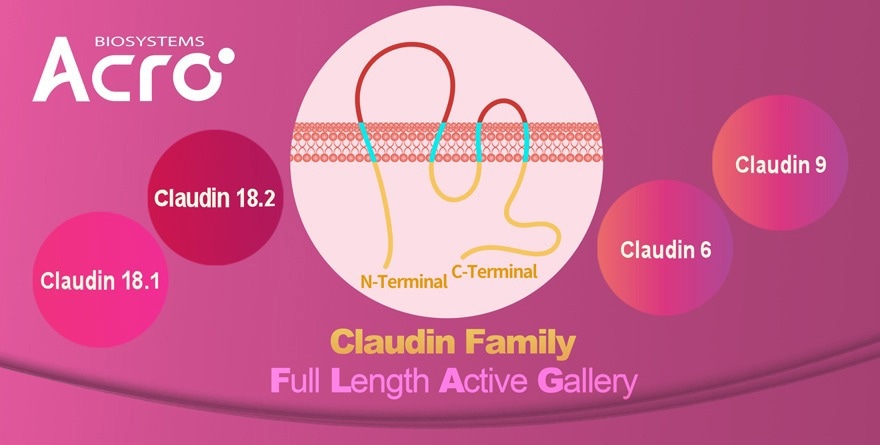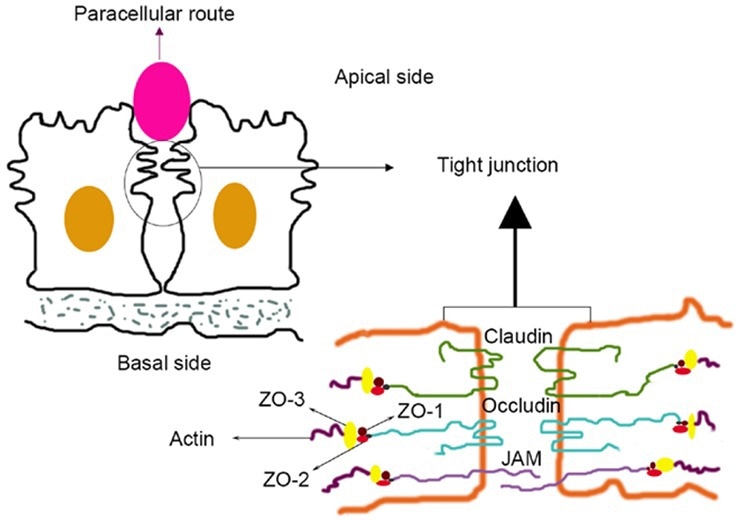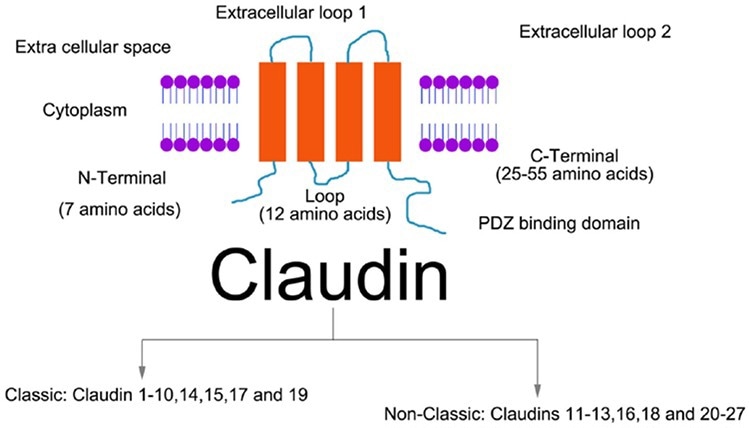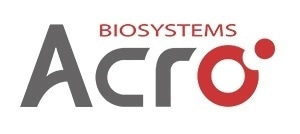The Claudin family proteins, including Claudin 18.2, Claudin 18.1, Claudin 6, and Claudin 9, have been introduced effectively by ACROBiosystems. These multi-pass full-length transmembrane target antigens are typically challenging to produce while preserving their original structure.
ACROBiosystems has created many multi-pass transmembrane protein production platforms, including virus-like particles (VLP), detergent micelles, and Nanodiscs, using its Full-Length Active Gallery (FLAG) technology.
As a result, full-length Claudin family proteins can be provided that are highly bioactive and consistent from batch to batch. These have been validated using ELISA, SPR, BLI, FACS, and other techniques to assist drug research and development.

Image Credit: ACROBiosystems
Recent research has revealed a strong correlation between the occurrence, growth, and prognosis of cancers and aberrant expression of Claudin family proteins, a crucial component of Tight junctions, making them appealing therapeutic targets.

Structure of Claudin. Image Credit: Reference
For instance, the high specificity and sustained expression of Claudin 18.2 make it a therapeutic target for solid malignancies like pancreatic and gastric cancer. Several different drugs are being developed to target Claudin 18.2, including monoclonal antibodies, bispecific antibodies, ADCs, and CAR-T cell therapy.
Claudin 6 is consistently expressed in tumor tissues in liver, endometrial, ovarian, and esophageal cancer but not in the surrounding tissues. This makes it another target for tumor therapy. Claudin 9 is also a potential target expressed in abundance in the anterior pituitary gland.
The invasion of pituitary oncocytoma, the occurrence and development of gastric cancer, cervical cancer, and lung cancer metastasis are all closely related to the overexpression of Claudin 9, which can be used as immunotherapy, a diagnostic and prognostic marker for these cancers, as well as a marker for the progression of these diseases.
Tight junctions (TJs) depend on the Claudin protein family. These TJs are found in the junctional complex of epithelial and endothelial cells, essential for cell polarity, adhesion, and permeability. TJs control the integrity of tissue shape, transmembrane motion, and signal transduction inside and outside of cells.
Increased bypass permeability brought on by TJ integrity loss can directly result in the perfusion and extravasation of cancer cells through the endothelial barrier.

Structure of TJs. Image Credit: Reference
Although several members of the Claudin family are therapeutic targets, producing biologically active soluble antigens is challenging due to the complexity of these proteins’ structures, which include numerous hydrophobic transmembrane domains.
This severely hampers the development of treatments and medications that target Claudin proteins.
Due to cell membrane surface area and potential cytotoxicity of overexpressed membrane proteins, recombinant four-pass Claudin proteins are expressed at a much lower level than other soluble proteins, similar to other multi-pass transmembrane proteins.
With the help of the patented FLAG technology, ACROBiosystems has attempted to design and optimize the expression interval, expression system, and culture conditions. As a result, a sufficient supply of Claudin 18.2, Claudin 18.1, Claudin 6, and Claudin 9 for vaccine and drug development is now possible.
The Claudin family’s stable structures and high activity made it possible to design innovative medications and treatments and conduct mechanistic research.
Reference
- Du H, Yang X, Fan J, et al. Claudin 6: Therapeutic prospects for tumors, and mechanisms of expression and regulation[J]. Molecular Medicine Reports, 2021, 24(3): 1-9.
- Sharma, R.K., Chheda, Z.S., Das Purkayastha, B.P. et al. A spontaneous metastasis model reveals the significance of Claudin 9 overexpression in lung cancer metastasis. Clin Exp Metastasis 33, 263–275 (2016). https://doi.org/10.1007/s10585-015-9776-4
- Higashi, A.Y., Higashi, T., Furuse, K. et al. Claudin 9 constitute tight junctions of follicular-stellate cells in the anterior pituitary gland. Sci Rep 11, 21642 (2021). https://doi.org/10.1038/s41598-021-01004-z
About ACROBiosystems
ACROBiosystems is a cornerstone enterprise of the pharmaceutical and biotechnology industries. Their mission is to help overcome challenges with innovative tools and solutions from discovery to the clinic. They supply life science tools designed to be used in discovery research and scalable to the clinical phase and beyond. By consistently adapting to new regulatory challenges and guidelines, ACROBiosystems delivers solutions, whether it comes through recombinant proteins, antibodies, assay kits, GMP-grade reagents, or custom services. ACROBiosystems empower scientists and engineers dedicated towards innovation to simplify and accelerate the development of new, better, and more affordable medicine.
Sponsored Content Policy: News-Medical.net publishes articles and related content that may be derived from sources where we have existing commercial relationships, provided such content adds value to the core editorial ethos of News-Medical.Net which is to educate and inform site visitors interested in medical research, science, medical devices and treatments.